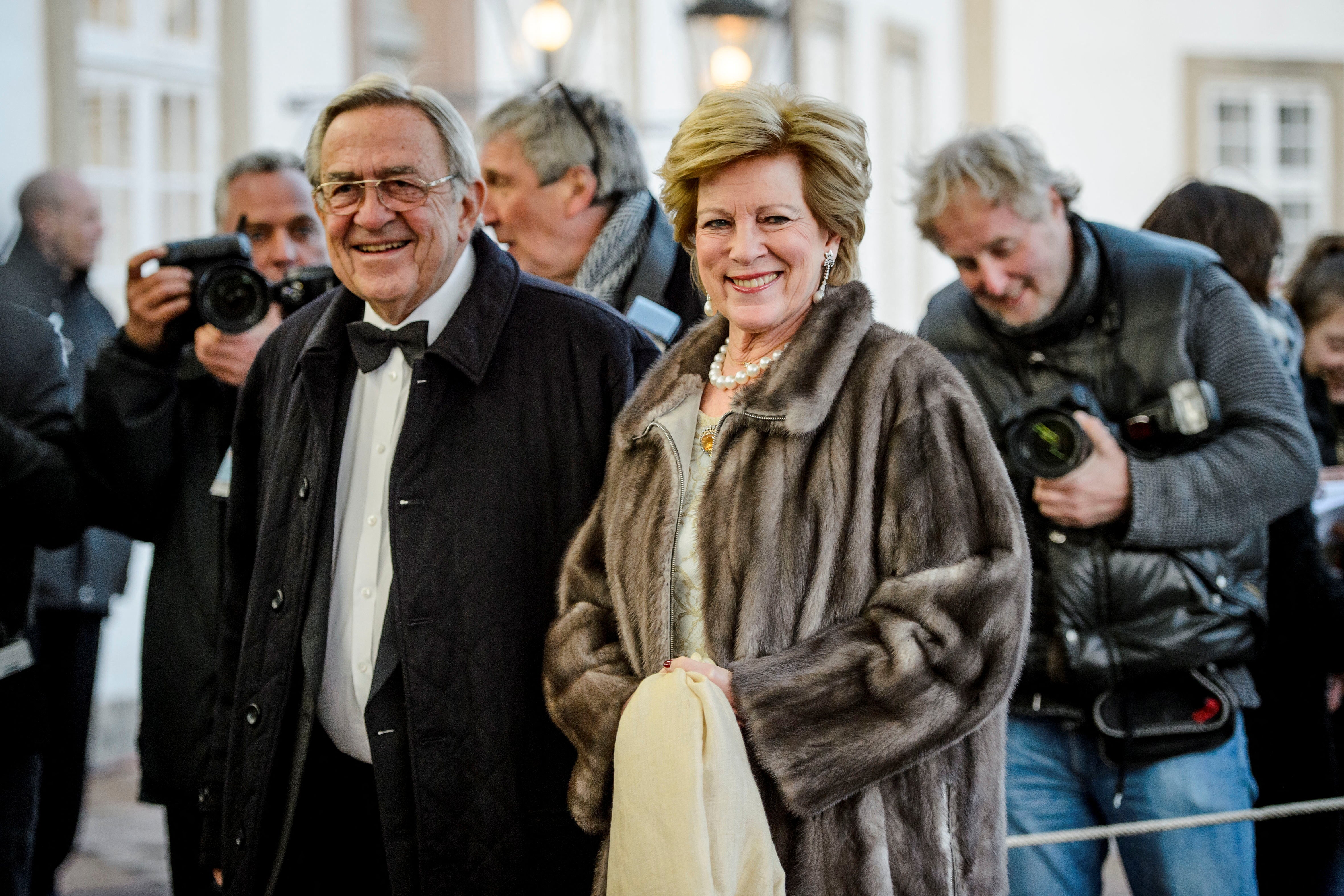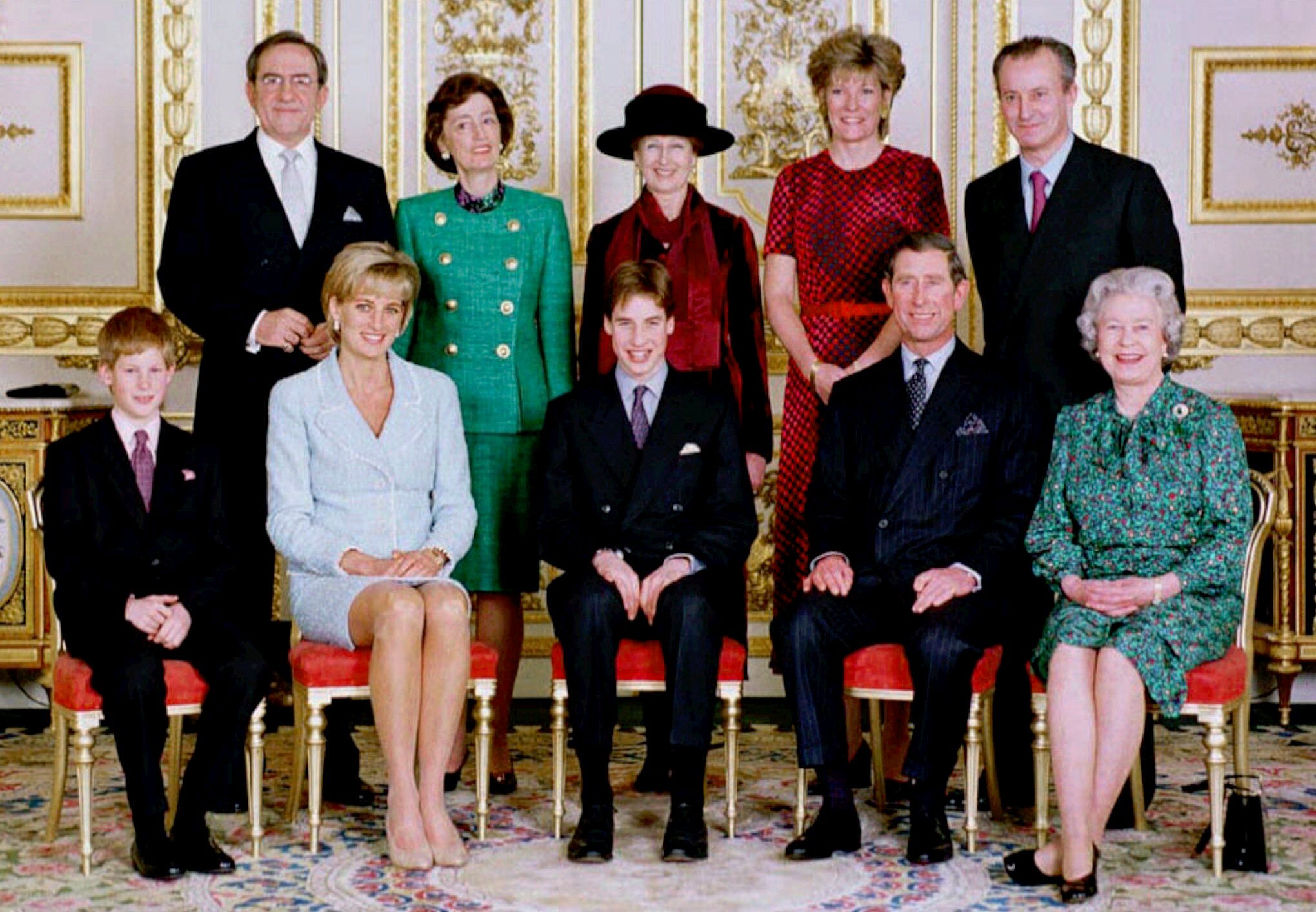Constantine, former King of Greece and Charles’s second cousin, dies aged 82
He died at a private hospital in Athens, his doctors announced late on Tuesday

King Charles III’s second cousin Constantine, the former and last King of Greece, has died aged 82.
He died at a private hospital in Athens, his doctors announced late on Tuesday.
Staff at the private Hygeia Hospital in Athens confirmed that Constantine had died after treatment in an intensive care unit, but had no further details pending an official announcement, The Associated Press reports.
When he acceded to the throne as Constantine II at the age of 23 in 1964, the youthful monarch, who had already achieved glory as an Olympic gold medalist in sailing, was hugely popular.
By the following year, he had squandered much of that support with his active involvement in the machinations that brought down the popularly elected Center Union government of prime minister George Papandreou.

The episode, still widely known in Greece as the “apostasy,” or defection from the ruling party of several lawmakers, destabilised the constitutional order and led in 1967 to a military coup. Constantine eventually clashed with the military rulers and was forced into exile.
The dictatorship abolished the monarchy in 1973 while a referendum after democracy was restored in 1974 dashed any hopes that Constantine had of ever reigning again.
Reduced in the following decades to only fleeting visits to Greece that raised a political and media storm each time, he was able in his waning years to settle again in his home country, when opposing his presence no longer held currency as a badge of vigilant republicanism. With minimal nostalgia for the monarchy in Greece, Constantine became a relatively uncontroversial figure from the past.
Constantine was born on 2 June 1940, in Athens, to Prince Paul, younger brother to King George II and heir presumptive to the throne, and princess Federica of Hanover. His older sister Sophia is the wife of former King Juan Carlos I of Spain.
The Greek-born Prince Philip, the late Duke of Edinburgh and husband of the United Kingdom’s late Queen Elizabeth II, was an uncle.

To his final days, Constantine, while accepting that Greece was now a republic, continued to style himself King of Greece and his children as princes and princesses even though Greece no longer recognised titles of nobility.
For most of his years in exile, he lived in Hampstead Garden Suburb, London, and was said to be especially close to his second cousin Charles, the Prince of Wales and now King Charles III.
While it took Constantine 14 years to return to his country to bury his mother, Queen Federica in 1981, he multiplied his visits thereafter and, from 2010, made his home there.
There were continued disputes: in 1994, the then-socialist government stripped him of his nationality and expropriated what remained of the royal family’s property. Constantine sued at the European Court of Human Rights and was awarded 12 million euros in 2002, a fraction of the 500 million he had sought.
Constantine travelled with a Danish passport, as a Danish prince.
He is survived by his wife, the former Princess Anne-Marie of Denmark, youngest sister of Queen Margrethe II; five children, Alexia, Pavlos, Nikolaos, Theodora, and Philippos; and nine grandchildren.
With additional reporting from the Associated Press






Join our commenting forum
Join thought-provoking conversations, follow other Independent readers and see their replies
Comments